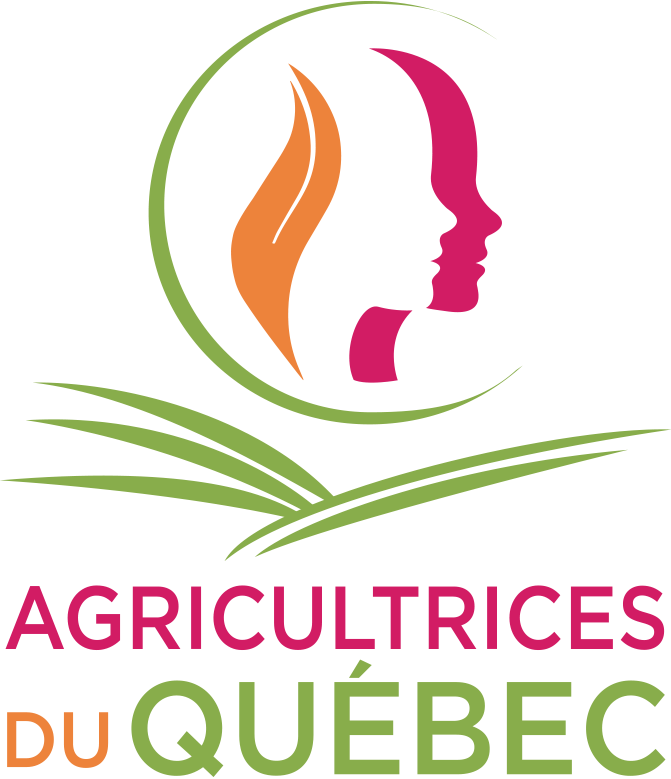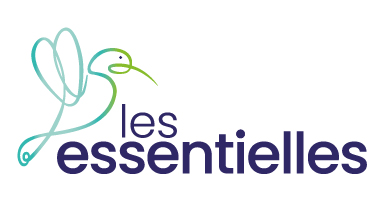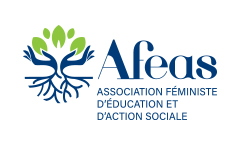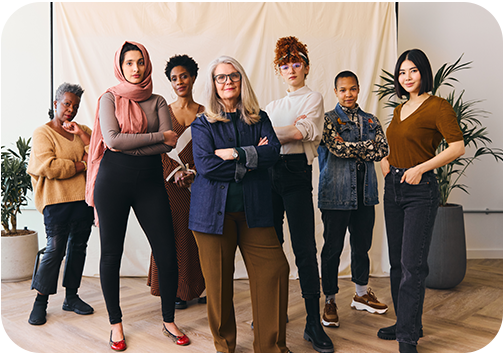



The National Coalition for the Equity of Invisible Work in Canada brings together organizations committed to recognizing, valuing, and better supporting invisible work, primarily carried out by women.
It advocates for equitable public policies and fosters collaboration among diverse stakeholders to achieve concrete recognition of this essential work.
In 2024, Afeas launched the National Coalition for the Equity of Invisible Work in Canada, a three-year project funded by Women and Gender Equality Canada. Its goal: to recognize, value, and more fairly distribute the invisible work that supports our society but remains unpaid and unevenly shared.

The Coalition brings together national, provincial, and territorial organizations united by a common mission:
– To shift social norms toward a more equitable distribution of invisible work, both within families and across society.
– To influence public policy in order to ensure better recognition and concrete measures in support of gender equality.
Together, these groups define priority demands and action strategies to:
– Raise public awareness and challenge stereotypes
– Mobilize businesses to improve working conditions
– Pressure governments for appropriate legislative measures
Certain populations are particularly affected by the impacts of invisible work. The Coalition pays specific attention to single mothers, Indigenous women, racialized and migrant women, members of official language minority communities (OLMCs), elderly individuals, those with low incomes, and those living in remote areas.
Through a variety of intervention strategies, the Coalition works at all levels – citizens, businesses, and governments – to shift mindsets and transform policies. Its ultimate goal: to ensure a more equitable distribution of invisible work and strengthen the economic security and prosperity of women, regardless of their family, socio-economic, or professional status.
Together, let’s move toward a fairer and more equal society!

Agricultrices du Québec (AQ) is the only agricultural organization in Quebec exclusively dedicated to women in the sector. This federation is made up of 10 regional unions of women farmers who take part in decisions that influence the agricultural sector and women’s status, and represent all women farmers residing in Quebec. AQ is an affiliated group of the Union des producteurs agricoles (UPA).
Their mission is to provide women working in agricultural and forestry environments with a network dedicated to developing their potential. The goal is to bring together professionals who want to contribute to the full development of agriculture and forestry. Their vision: to become THE go-to network for the success of women farmers and sustainable agriculture.

Les Essentielles is a non-profit organization, founded in 1995, that represents the interests of Franco-Yukonnaises. The group actively works to improve the quality of life of its members by striving to meet their needs.

The Women’s Economic Council (WEC) is a national organization and a registered charity. Its mission is to promote the participation of all women in building resilient and inclusive economies, particularly those facing multiple systemic barriers. WEC fulfills this mission through collaboration, networking, research, and advocacy, in order to understand and overcome the challenges women face in securing sustainable livelihoods.
Women continue to disproportionately carry the burden of invisible work. WEC advocates for its recognition and fair compensation, to strengthen women’s economic security and address the gender inequalities it perpetuates.

Since its founding in 1966, gender equality has remained the guiding principle of the Association féministe d’éducation et d’action sociale (Afeas). The organization is committed to advancing women’s rights and improving their status in all areas of society.
In addition to advocating for equality between women and men, Afeas focuses on increasing women’s equal participation in democratic institutions and recognizing the value of unpaid work carried out by women, particularly as mothers and caregivers—a crucial contribution that remains largely invisible in our economic and social systems.


The Inter-Association Committee for the Recognition of Invisible Work is a coalition of Quebec-based organizations committed to recognizing, supporting, and promoting invisible work through research, advocacy, and awareness-raising activities.
The recognition and valuing of invisible work are essential to achieving gender equality. Since its founding in 1966, Afeas has made this a priority. However, despite the efforts of many organizations, the lack of coordination continues to hinder necessary progress.
That is why, in 2020, with financial support from the Quebec Secretariat for the Status of Women, Afeas created the Inter-Association Committee for the Recognition of Invisible Work (CIAVTI). This coalition of 13 partners joined forces to raise awareness, mobilize, and influence public policies in order to achieve meaningful recognition of this essential work.

The COVID-19 pandemic highlighted the extent of invisible work: childcare, support for caregivers, and the reinforcement of essential services. For several months, the media and governments emphasized its importance, but once the emergency passed, invisibility took over again.
In response to this reality, on September 7, 2020, CIAVTI and Afeas launched the manifesto « Invisible work matters! » hosted on a dedicated website, to bring together citizens and organizations around this issue.
On March 27, 2024, after years of mobilization, Afeas presented nearly 2,000 individual signatures and the support of 150 organizations to the Minister for the Status of Women of Quebec, Martine Biron. Accompanied by opposition party spokespersons, she emphasized that invisible work, primarily carried out by women, supports not only families but also the economy by enabling others to engage in paid employment.
One of the key demands of the manifesto, the creation of a National Invisible Work Day, is now included in the Governmental Strategy for Gender Equality 2022-2027.














By joining us, you are contributing to a societal change by valuing essential tasks that are often overlooked, for a fairer and more equitable equality. Take action to ensure that invisible work is recognized for its true value.